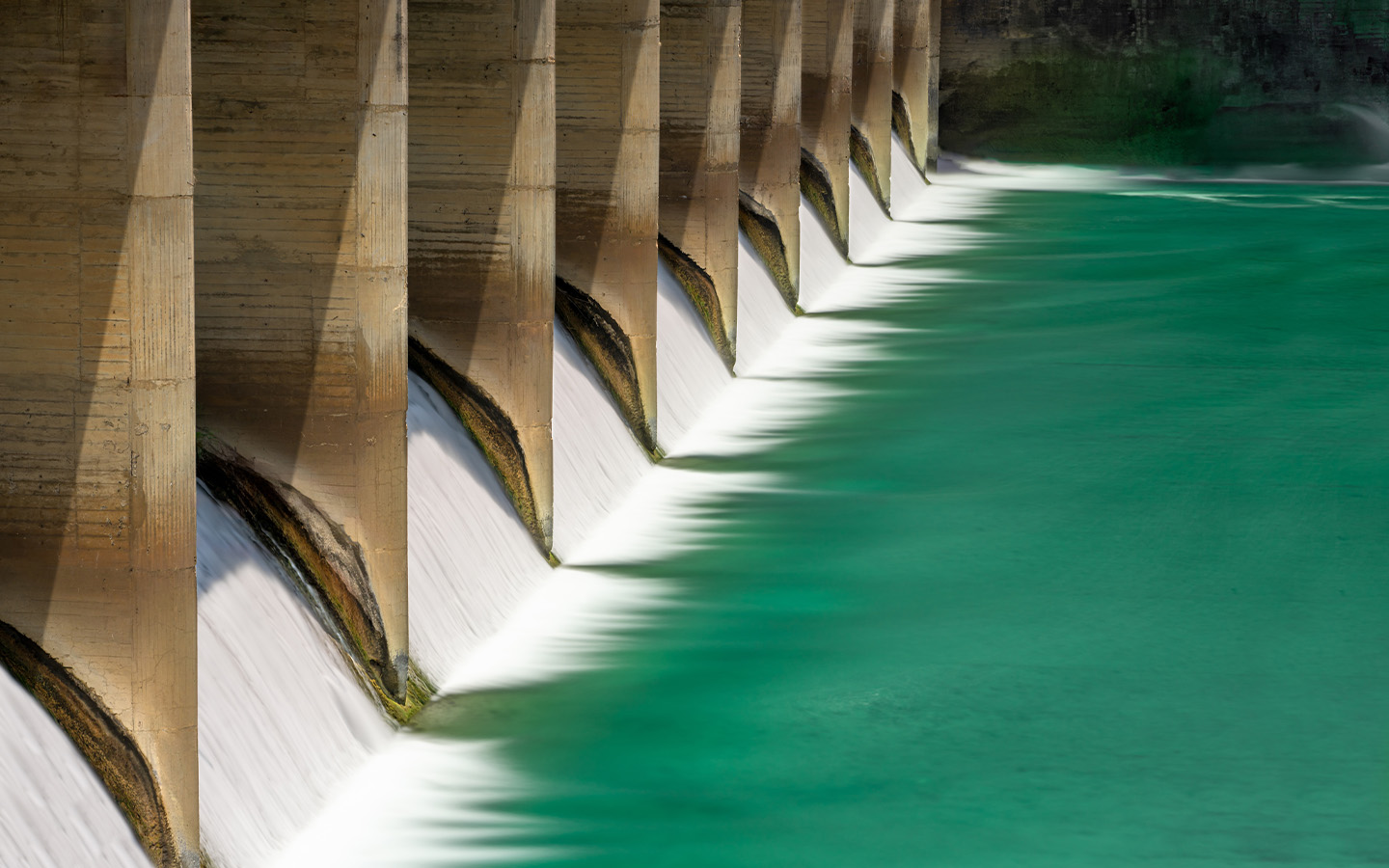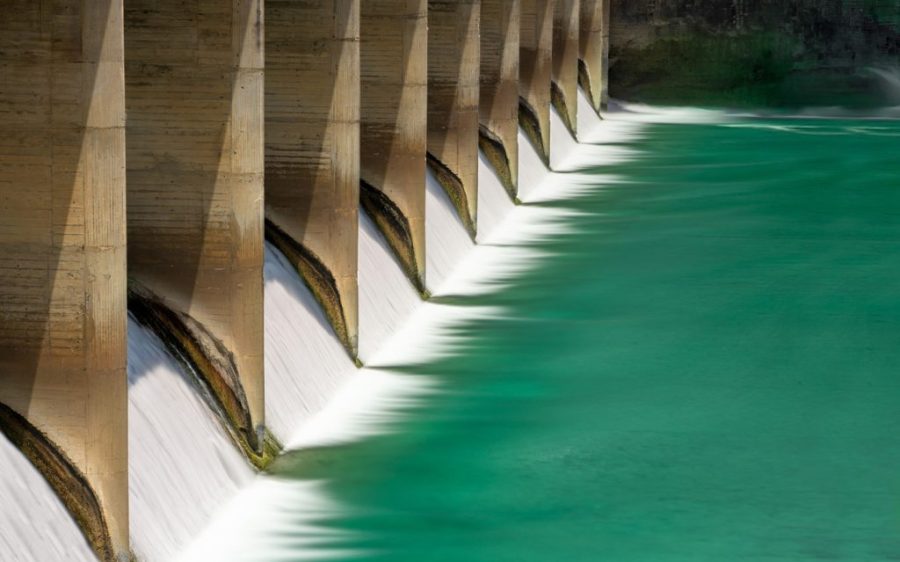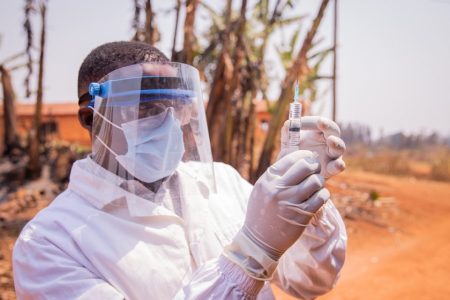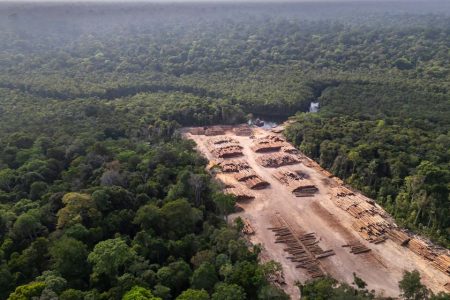The Mozambican government is seeking the remaining financing needed for a US$5 billion hydroelectric dam, courting investors in Europe, reports the Mozambican news agency AIM.
Government officials presented the Mphanda Nkuwa hydropower project during a high-level session in London, held in partnership with the Tony Blair Institute for Global Change (TBI). Structured according to the “build, own, operate, and transfer” model, the project represents the largest investment in public-private infrastructure in Mozambique and will serve as a key component of the national energy strategy, focused on positioning the country as an industrial centre and regional energy exporter.
“Mozambique is firmly committed to becoming a regional energy centre of reference, contributing to inclusive growth, climate resilience and industrialization across the region,” Stephen Pale, minister of Mineral Resources and Energy, said in a statement.
“Our national energy strategy,” he added, “is based on expanding access to energy, diversifying generation, green industrialisation and accelerating the transition to low-carbon sources, with hydroelectric power playing a central role.” Financial closure on the renewable energy megaproject is planned for 2027 with commercial operations estimated to begin in 2032.
[See more: Mozambique announces an ambitious new energy plan]
The Mphanda Nkuwa project encompasses the hydroelectric dam, located in the northern province of Tete on the Zambezi River, and a high-voltage transmission line stretching some 1,300 kilometres to Maputo, in the country’s south. Expected to generate 1,500 MW of power, it would increase Mozambique’s current electricity production potential by more than 50 percent.
Completion of the project is a priority for the government, emphasising its capacity to address economic and social development challenges at both the domestic and regional level. “It is a clean energy project that will shape the next chapter of economic integration and climate resilience of Mozambique and the region,” Pale said.
Reporting last September indicated that US$1.3 billion – 26 percent of the funding needed – would be disbursed by the consortium charged with operating the project, led by ENF. The French energy giant was one of at least three consortium members that participated in the London meeting, along with French oil company TotalEnergies and the Japanese multinational Sumitomo Corporation. Senior representatives of the World Bank, International Finance Cooperation (IFC), the African Development Bank (AfDB) and international financial institution MIGA also participated.
The session was part of the Mozambique National Energy Compact and Mission 300, an initiative co-led by the African Development Bank Group and World Bank Group to connect 300 million Africans to electricity by 2030. Mozambique was one of five countries – along with Burundi, Ghana, Togo and Zimbabwe – presenting national energy proposals outlining their ambitions to advance critical energy sector reforms required for the success of the initiative.






